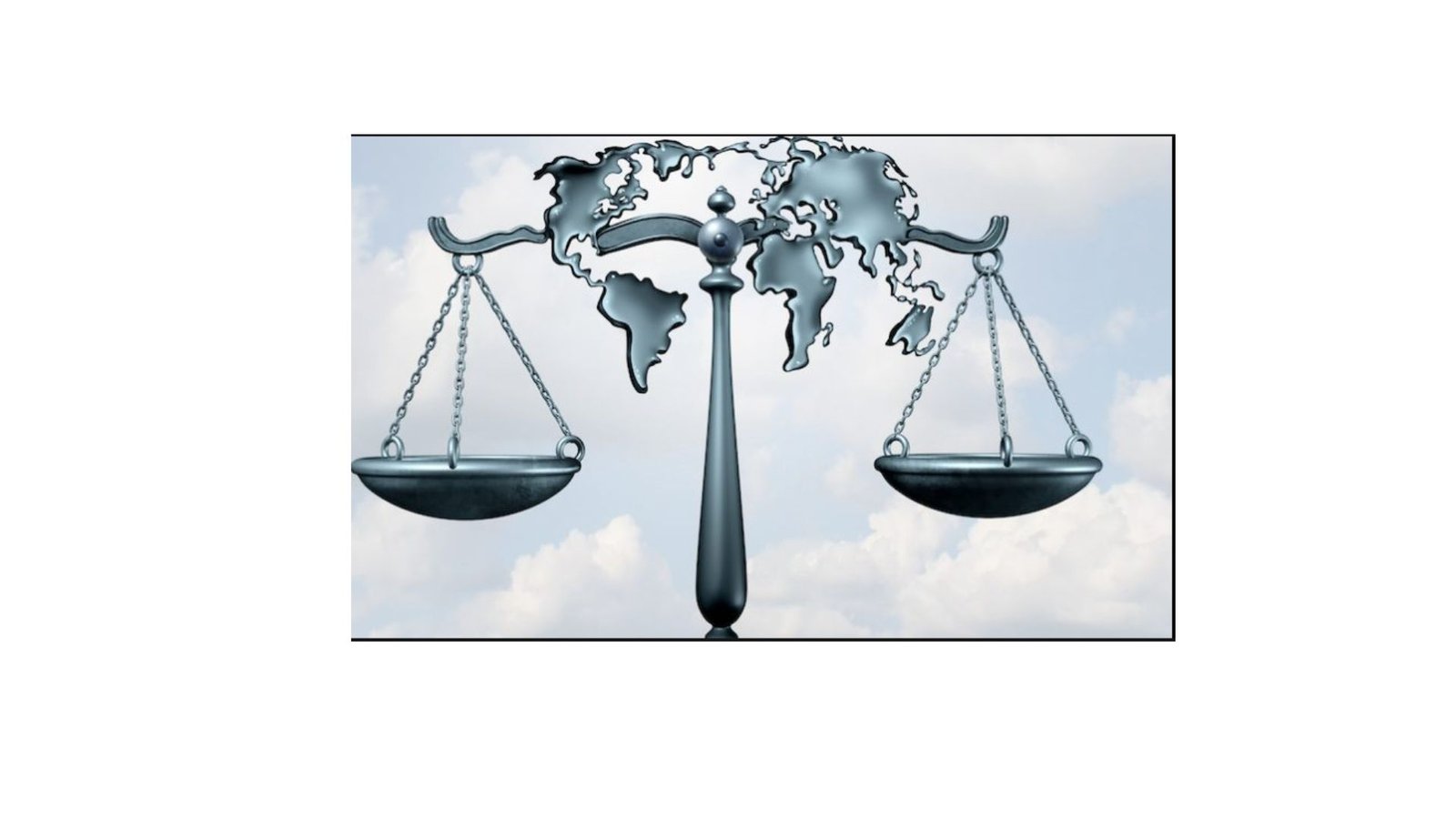In today’s interconnected world, the significance of global law cannot be overstated. From trade agreements to human rights treaties, the framework of international law shapes our global landscape, presenting both challenges and opportunities for nations, businesses, and individuals alike.

Navigating Global Trade Dynamics
International law serves as the cornerstone of global trade, facilitating commerce across borders and regulating the conduct of nations in the international marketplace. By actively engaging in trade agreements and adhering to international trade laws, countries can foster economic growth and enhance cooperation on a global scale.
Promoting Global Human Rights and Justice
One of the most powerful aspects of international law is its role in upholding fundamental human rights and promoting justice worldwide. Through mechanisms such as the International Criminal Court and international human rights treaties, individuals can seek recourse for human rights violations and hold perpetrators accountable for their actions.
Addressing Transnational Challenges
In an increasingly interconnected world, transnational issues such as climate change, terrorism, and cybercrime require collaborative solutions that transcend national borders. International law provides a framework for addressing these complex challenges, enabling countries to work together to develop effective strategies and initiatives.
Facilitating Global Diplomacy and Conflict Resolution
Diplomacy lies at the heart of international relations, and international law plays a crucial role in facilitating diplomatic efforts and resolving conflicts peacefully. Treaties, conventions, and international agreements provide a common ground for negotiation and dialogue, helping to prevent disputes from escalating into armed conflicts.
Safeguarding Global Stability and Security
By promoting respect for territorial integrity and sovereignty, international law contributes to global stability and security. Through mechanisms such as collective security arrangements and disarmament treaties, countries can work together to prevent the outbreak of armed conflicts and maintain peace in volatile regions.
Challenges and the Path Forward
Despite its many benefits, international law faces numerous challenges in today’s complex geopolitical landscape. From the rise of nationalist ideologies to the erosion of multilateralism, there are growing threats to the effectiveness and legitimacy of international legal frameworks. However, by reaffirming our commitment to international cooperation and collective action, we can overcome these challenges and build a more just and peaceful world.
Furthermore, emerging issues such as cyber warfare, transnational terrorism, and the proliferation of weapons of mass destruction present novel challenges that traditional international legal mechanisms struggle to address adequately. The rapid pace of technological advancement also outpaces the development of relevant legal frameworks, creating gaps in regulation and enforcement in critical areas such as cybersecurity and data privacy.
The future of international law
However, despite these daunting challenges, there is hope for the future of international law. By reaffirming our commitment to international cooperation and collective action, we can overcome these obstacles and build a more just and peaceful world. Strengthening international institutions such as the United Nations and the International Court of Justice, and revitalizing multilateral diplomatic efforts, are essential steps toward restoring faith in the international legal order. Additionally, fostering dialogue and collaboration among nations, civil society organizations, and the private sector can generate innovative solutions to address emerging global threats.
Moreover, promoting legal education and awareness at both the national and international levels is crucial for cultivating a culture of respect for the rule of law and human rights. By empowering individuals with knowledge of their rights and responsibilities under international law, we can foster greater accountability and adherence to legal norms at all levels of society.
Ultimately, overcoming the challenges facing international law requires sustained commitment and collective action from the global community. By working together to uphold the principles of justice, equality, and mutual respect, we can chart a path forward toward a more stable, prosperous, and harmonious world for future generations.
In conclusion, the role of international law in a globalized world is indispensable. By embracing the opportunities it presents and addressing the challenges it poses, we can harness the power of international law to create a more interconnected, prosperous, and sustainable future for all.
You can find more here:
The Pillars of Justice: Exploring the Four Main Types of Law

